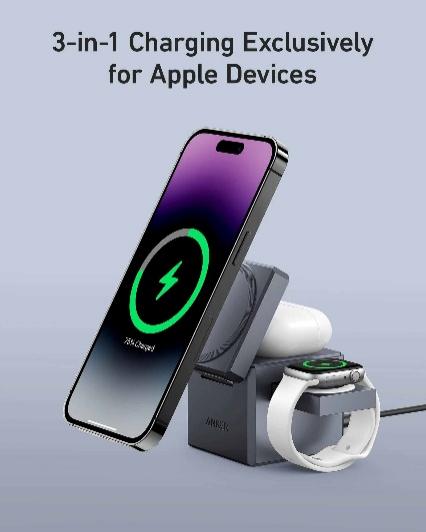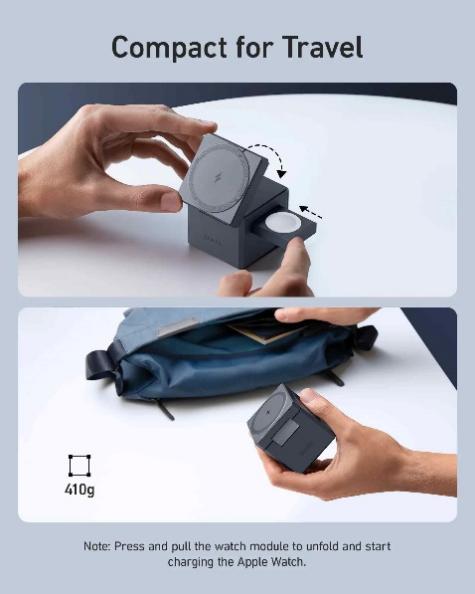Wireless charging, often called inductive charging, is an efficient and hassle-free way to power up your phone. When employing a wireless charging system, electromagnetic fields are employed in place of the cord to transport power from the charging station to the device. This principle has been utilized successfully for quite some time in wirelessly charged home items like electric toothbrushes (through a wireless docking station). One of the best purchases you can make if you're always on the go is a wireless charger. By keeping your phone, laptop, or other electrical device powered for several hours without plugging it in, wireless charging also provides a handy light source. To know more about wireless charging, some additional benefits, and limitations of using a wireless charger are listed below.
Benefits of Wireless Charging
Since wireless charging is popular today, there are several benefits that it can surely offer to everyone. Below, are the most important benefits that we know can convince you to switch to wireless charging today.
Have you ever had to spend hours untangling a cord so that your phone wouldn't die? Long cables are a pain to keep in order and may quickly become a hindrance, whether they're stuffed into a drawer or weighing you down in a suitcase. Wireless charging is becoming increasingly popular since it saves time and effort by doing away with cords. If you have a wireless charger, all you must do is plug your phone into the charger or utilize some cables that are only a few inches long, and the magic will happen.
If you're taking a trip with a large group of people, such as a family or a group of friends, it could be difficult to keep track of everyone's chargers. Multiple phones can be charged at once using a single wireless charger. One of the greatest benefits of using a phone that is compatible with a specific kind of wireless charger is that it may be charged while you are on the go.

The data interface of a mobile phone will last much longer when using wireless charging because it eliminates the need to constantly plug in and unhook the charging cable.
Simultaneously, since the coil used to wirelessly charge mobile phones is not exposed to air, oxidation and corrosion are minimized. Wires get worn out quickly since they are continuously plugged in and unplugged when charging. The exposed interface is also vulnerable to oxidation and corrosion.
Because of the added convenience it offers, many individuals prefer to use a wireless charger for their phone rather than a wired one. Modern wireless chargers use electromagnetic waves to provide your phone with the energy it needs to charge.

Limitations of Wireless Charging
Wireless charging provides many benefits, but it also has some drawbacks that you should be aware of. Like any other technology, a wireless charger has its limitations. You should be aware of various drawbacks before using or purchasing a wireless charger.
While it's true that numerous devices can be charged at once at the same charging station, some users have reported experiencing problems. People have reported having trouble charging a wide range of devices. Some people are worried that their cell phones and other portable electronics won't be able to charge at the power plant because of compatibility difficulties.
Was your initial thought when you heard the word "wireless" that you could ditch the cord and get a fully charged phone somewhere else? But that's not the case here. When comparing a wireless charger to a traditional charger, the sole difference is that the former does not need a cord. However, you should always keep your phone in the same spot on the charging pad if you're using a wireless charging pad.
Wireless charging is less efficient than cable charging, hence wireless charging takes much longer to get the same results. Wireless charging is expected to take 30–80 percent longer than wired charging to fully power a gadget. But this may vary depending on the wattage and brand of the charger that you get.
Conclusion
If you are always on the go, we guarantee you that wireless chargers are the best option for you. When you look at it, its advantages still outweigh its limitations. With a wireless charger, you can avoid the hassle of untangling a cord, you can charge multiple devices at once, you are assured that your charger is durable, and lastly, using it is very convenient!
